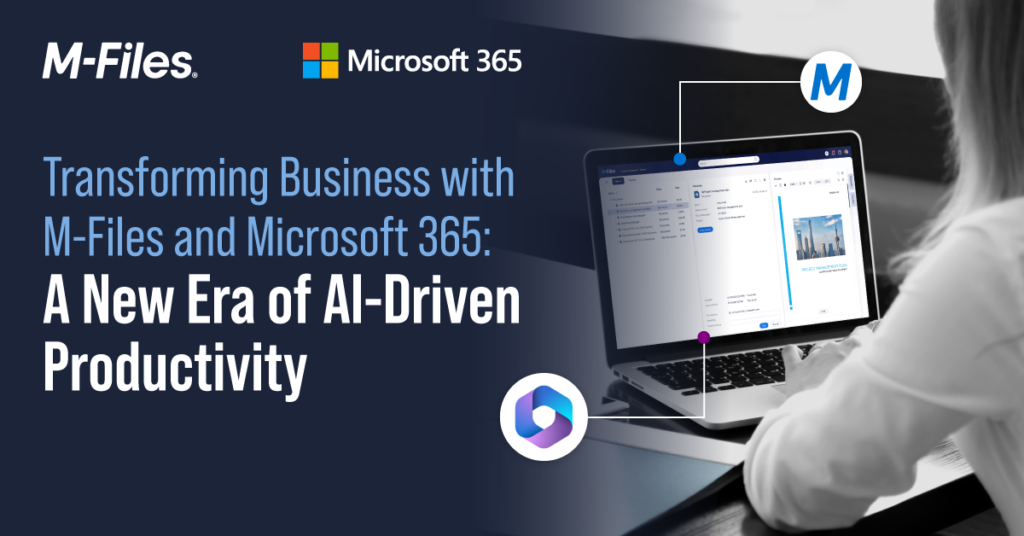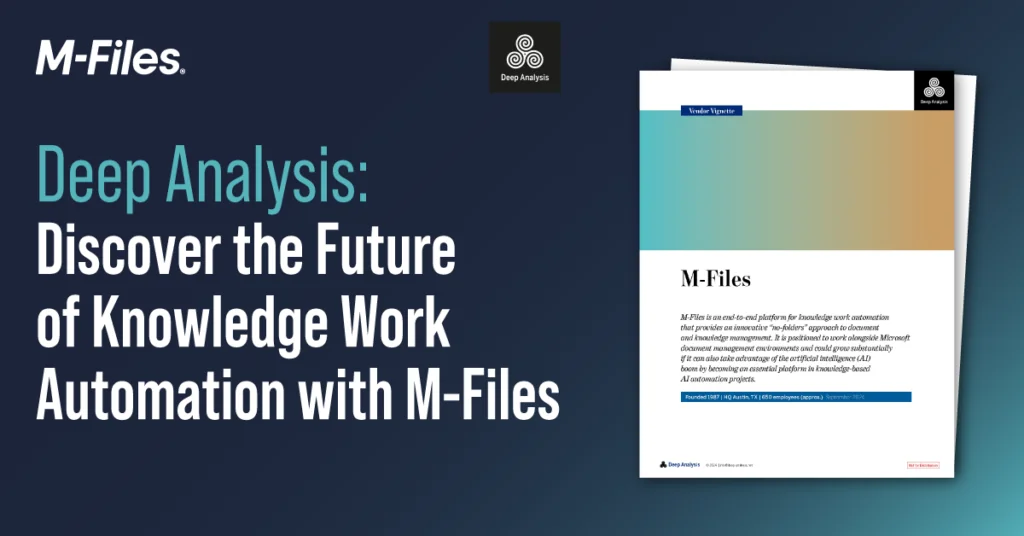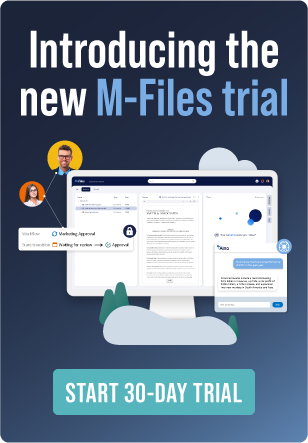Conquer Information Silos: The Power of Federated Search for Businesses

What is the concept of federated search? Federated search describes a search technology that can scan multiple sources for information at the same time. The function aggregates and consolidates results before returning them to a user. This benefits searchers because they can find information based on factors like timeliness or relevance without regard to storage location or format. We wanted to take a moment to help our readers understand how this global search ability works and can benefit an organization.
The High Cost of Information Silos
The easy comparison is this: enterprise federated search is akin to how major search engines return results. For instance, a search for “Lamborghini” on Google returns the company site, maybe some forum discussions, images of cars, news stories, and videos about Lamborghinis. A broad query like that might bring up suggestions to narrow your query too, like this: You may want to refine your query to ask about the price of a Lamborghini or the different models.
Now apply that same concept to your own business. Imagine the benefits of federated search across all your systems and data repositories. Most large organizations rely upon several systems with related data. For example, you may want to find the most relevant information from your CRM, document management system, and invoicing system on a particular customer or product line. Today, you may have to perform individual queries on each system and then aggregate results manually.
CMSWire published some statistics on just how many sources that typical companies needed to search for information:
- About 90% of corporate information was unstructured and found in a variety of document types and applications.
- Over 60% of information workers needed to access at least four systems.
- At least 15% needed to query as many as 11 different systems.
The Benefits of Federated Search for Businesses
The idea of federated search in an enterprise context is to tame the chaos of multiple repositories. By default, federated search capabilities are baked into the M-Files solution. M-Files doesn’t care where your documents are. Searches can be performed across all company information silos to return results, regardless of where the files live. That’s the power of prioritizing content over location.
Effortless Search Across All Systems
The obvious benefits of enterprise federated search include the following:
- You won’t need to manually flip back and forth between diverse systems but can simply request a global query for aggregated results.
- Most of all, you don’t need to invest in an expensive and time-consuming data migration to a single system or data warehouse in order to enjoy the ability to perform such universal searches.
- If you still rely on legacy systems, you can still access information from a single platform without upgrading.
No Need for Costly Data Migrations
What a potent idea? It doesn’t matter if different departments prefer to use their own systems. If Sales wants to store data in their CRM, fine. Accounting wants to use their ERP, no problem. M-Files doesn’t have to replace those investments. It simply helps maximize your investment in those tools.
How Federated Search Works: Behind the Scenes
Having to execute multiple searches across disconnected systems and, even worse, still not finding the information you need has a very real cost. The survey CMS Wire published found that information workers spent about one-third of their day searching for relevant information. Even worse, they couldn’t find what they needed about 44% of the time. This translated into calculated losses of almost $6,000 per year in wasted effort for each of these workers. Even a modest-sized enterprise with 100 knowledge workers would suffer annual losses of about $600,000 alone in wasted time.

In addition to wasted efforts, the intangible cost of not finding necessary information is tough to calculate. It varies by how critical the data is for a particular application and business requirement. This doesn’t mean that the company doesn’t have the right information. It simply means that it may have been stored in a repository that’s not searched by available knowledge systems.
It’s also likely that information that’s tough to locate is also not properly secured and doesn’t have proper quality control, so you can count the initial cost of gathering and storing this information as another loss. This kind of lost data also opens organizations to risks of data breaches and regulatory issues. Even if your information management strategy doesn’t necessarily include bringing together all the disparate sources of data, it should include some simple visibility of where information resides and if it’s properly controlled.
How Enterprise Federated Search Works
Most document management systems execute federated search as a function of two main architectures used to deliver this feature. While the ins and outs of the two different approaches may be a bit pedantic, they are worth mentioning:
- Query time: The search system simply issues queries to various systems. At the time of the query, it will wait for a certain amount of time for responses, assemble the most relevant results, and then return them to the user. You may view results in a variety of formats. Of course, relevance will be based upon the determination of each system queried.
- Index time: This kind of search system relies upon a pre-built master index of various information sources. The index should help query performance. One variation on index time uses the index of each system and not a master index for the federated search, so it’s a sort of hybrid between index time and query time.
How to Implement Federated Search in Your Business
You can enjoy the main benefits of finding the information your company needs with less wasted time. Find a solution like M-Files with a global search that gives you the ability to track down information, regardless of where it is stored.
Ready to Conquer Information Silos and Empower Your Workforce? Schedule a free demo or start your free trial today to experience the transformative power of federated search with M-Files.




